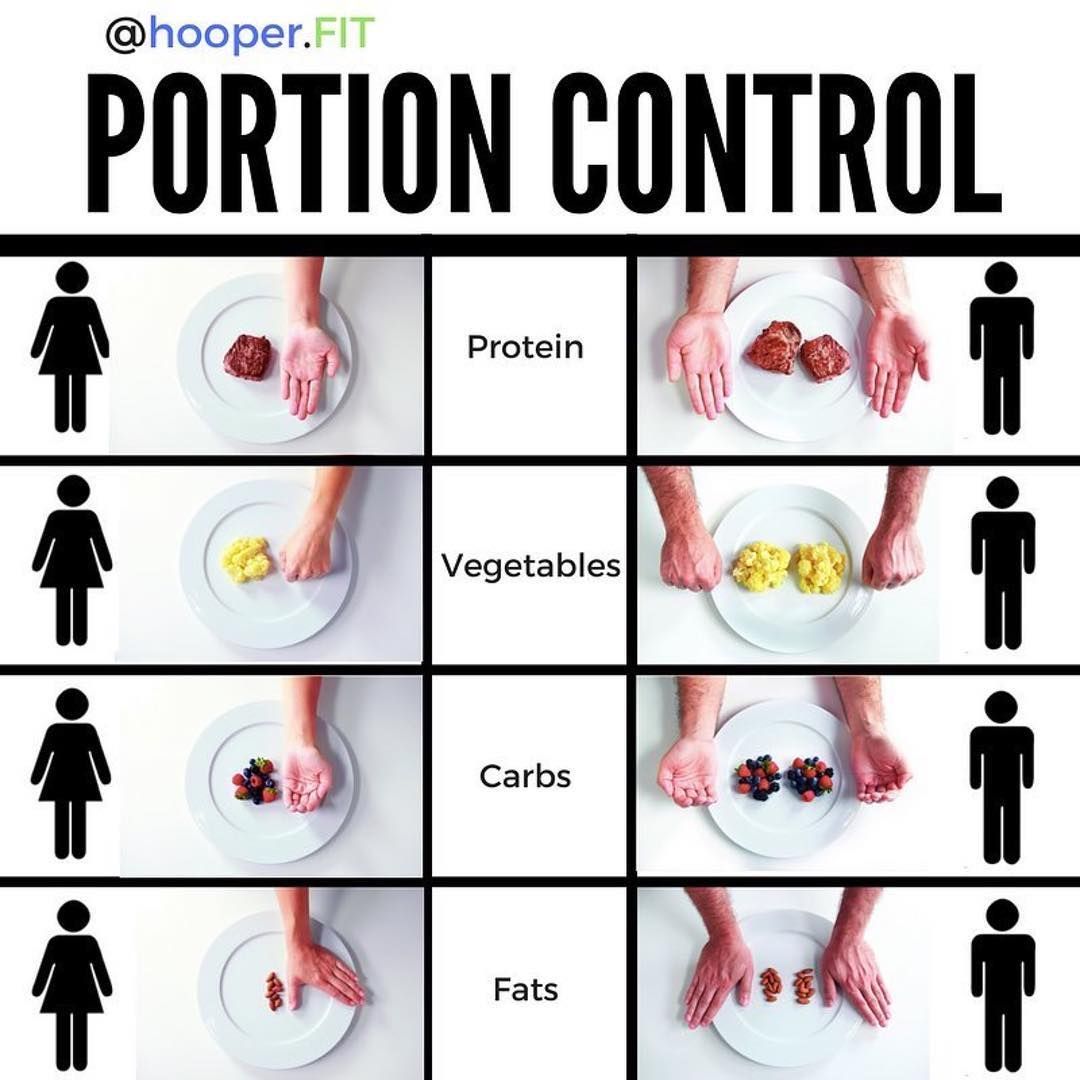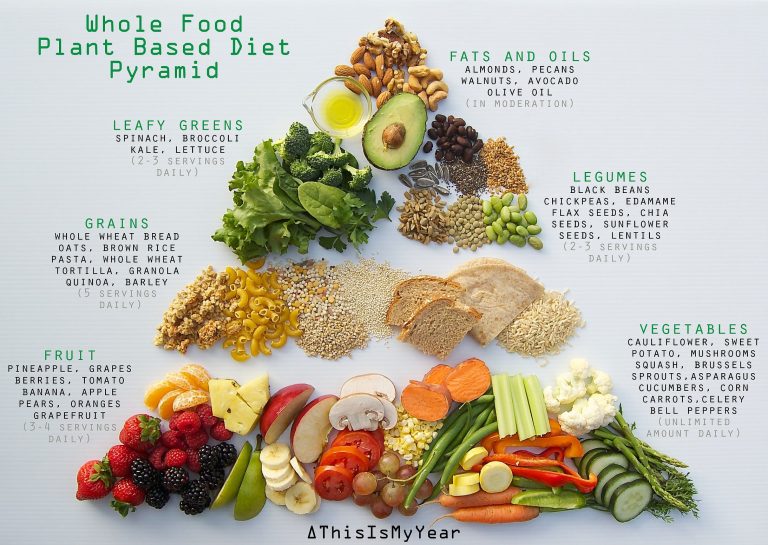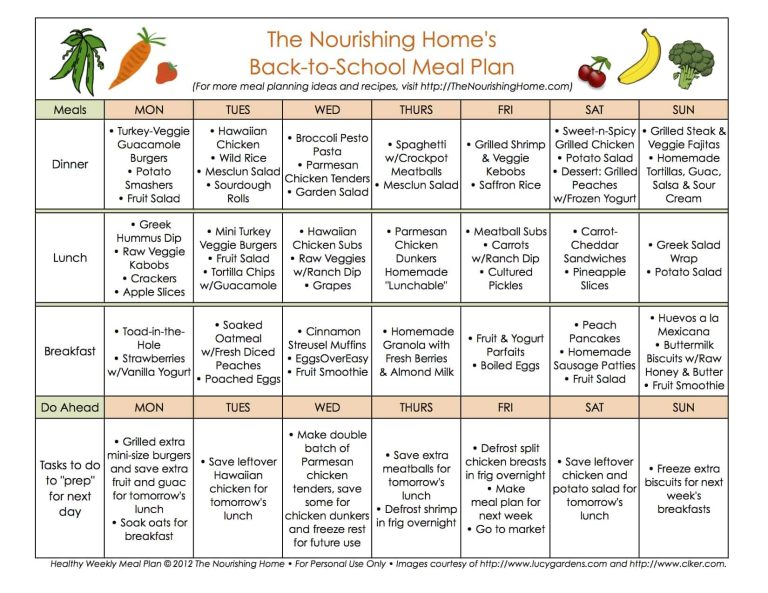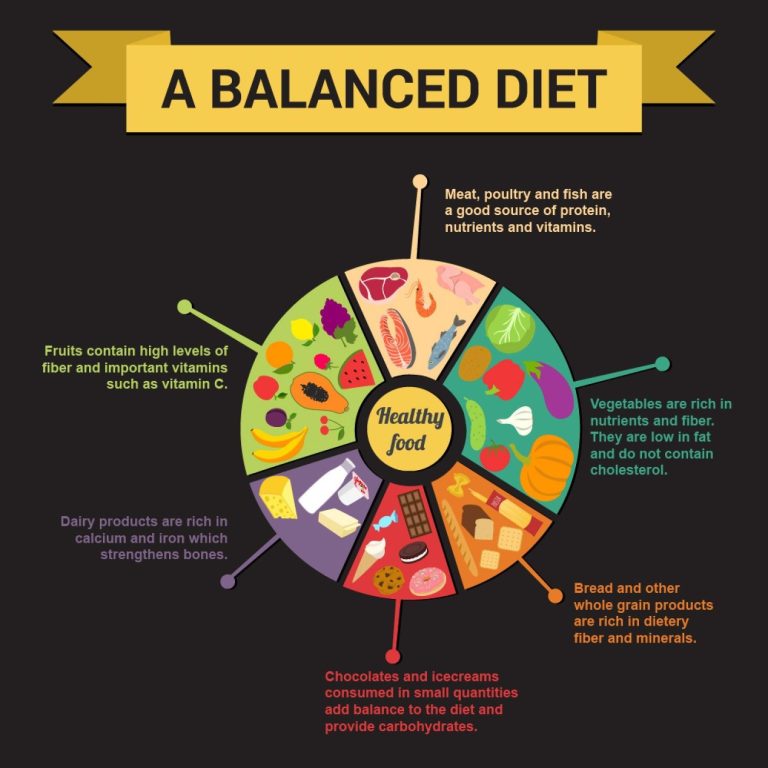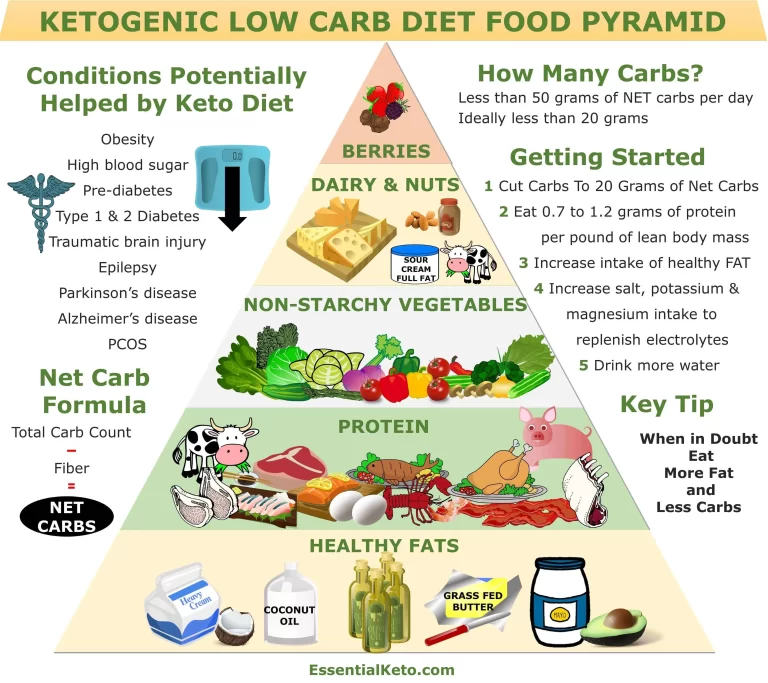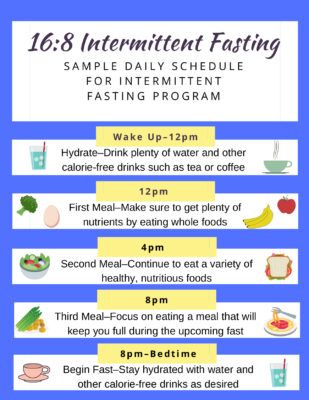Weight management is a significant concern for many individuals today. With rising obesity rates and health problems associated with excessive weight, people are increasingly looking for effective strategies to maintain a healthy weight. One crucial aspect of weight management is portion control.
Understanding Portion Control
Portion control refers to the practice of eating a specific amount of food in order to maintain a healthy weight. It involves managing the quantity of food consumed, as well as the balance of nutrients. This strategy focuses on consuming appropriate serving sizes to meet individual caloric requirements.
Portion control does not mean depriving oneself of food or following an overly restrictive diet. It emphasizes balancing food intake with energy expenditure and fulfilling nutritional needs. When implemented correctly, portion control can help individuals achieve and maintain a healthy weight.
The Importance of Portion Control in Weight Management
Effective weight management is crucial for overall health and well-being. Portion control plays a significant role in achieving and maintaining a healthy weight for several reasons:
1. Calorie Control
Portion control is essential for regulating the number of calories consumed. By being mindful of portion sizes, individuals can avoid overeating and consume an appropriate amount of calories for their activity level. This prevents calorie surplus and subsequent weight gain.
2. Healthy Eating Habits
Practicing portion control encourages individuals to develop healthy eating habits. It promotes mindful eating, where attention is given to the quality and quantity of food consumed. This can lead to better food choices and a more balanced diet, resulting in weight management and improved overall health.
3. Avoiding Overindulgence
Portion control helps prevent overindulging in calorie-dense foods. Large portions can lead to excessive calorie intake, even when consuming healthy foods. By managing portion sizes, individuals can enjoy a variety of foods while still maintaining calorie balance and weight control.
Implementing Portion Control
There are various strategies to implement portion control in daily life:
1. Reading Food Labels
Check the serving size mentioned on food labels and compare it to the amount you consume. Understanding serving sizes is essential for portion control.
2. Use Measuring Tools
Use measuring cups, spoons, or a kitchen scale to accurately measure food portions. This helps ensure that appropriate serving sizes are consumed.
3. Be Mindful of Restaurant Servings
Restaurants often serve larger portions than necessary. When eating out, consider sharing a meal or packing half of it for later. Alternatively, choose smaller-sized options if available.
4. Eat Slowly and Pay Attention
Eating slowly and paying attention to hunger and fullness cues allows for better portion control. It takes time for the stomach to signal fullness, so taking breaks between bites can prevent overeating.
5. Include a Variety of Foods
Incorporate a variety of foods from different food groups in your meals. This promotes a balanced diet and reduces the likelihood of overeating any specific food item.
Conclusion
Portion control is a key factor in weight management. By understanding and practicing portion control, individuals can regulate their calorie intake, develop healthy eating habits, and avoid overindulgence. It is an effective strategy for achieving and maintaining a healthy weight while ensuring proper nutrient balance. Incorporating portion control techniques into daily life can promote overall well-being and contribute to long-term weight management success.
